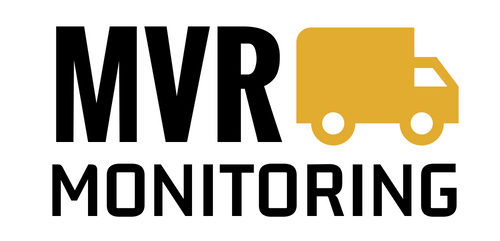Why are Motor Vehicle Records (MVRs) important?
The most significant reason to run MVRs is simple: it is a safety measure companies can take to protect their business and reduce risk. Just like background checks, MVRs tell you the history of your drivers on the roadways. This information provides insight into who is more likely to be involved in unsafe driving patterns.
Is this only for large companies?
Absolutely not! Companies- big-or small- all have a responsibility to take every step possible to hire safe drivers. All companies interested in portraying an image of safety across their company and the public, regardless of size should be pulling and checking them.
How often should we run MVRs for our drivers?
This can be tricky because MVRs represent only a snapshot in time of a person’s driving history. This means they provide only the data available at the time the report was ordered. This is the primary incentive for companies to check them periodically. Performing once-a-year screenings may not be sufficient, especially if you have employees in the category of “borderline.” In this case, waiting a full year to check again means you wouldn’t know until the following year if those employees had more violations or changes in license status. Of course, the more times MVRs are ordered, the better equipped companies will be to decide who should not be assigned driving duties.
Why is reviewing MVRs so complicated?
Reviewing MVRs can be complicated and time-consuming because the information varies from jurisdiction to jurisdiction with thousands of violations recorded across state lines. Making sound decisions based on the information contained in them can require extensive experience and research, especially when dealing with a multi-state fleet.
Our MVR monitoring system allows you evaluate driver data in a standard way. Our system allows you to categorize and/or compare violations across jurisdictions and allows you to review violations by applying a consistent standard.
What is continuous driving monitoring?
This is a driver monitoring service available in some states that monitors violations or changes in driver’s license status on a monthly or weekly basis. For example, a construction company that operates in multiple states would receive monthly emails alerting him or her of any new activity in their drivers motor vehicle record. If there is activity, the service automatically generates the MVR and displays it online. The program also allows the company to revise its driver monitoring list to keep employee information current.
What are the regulations around MVRs?
There are Federal statutes and regulations that govern the use of MVRs, including: The Fair Credit Reporting Act (FCRA) and the Driver’s Privacy Protection Act (DPPA). The proper uses of consumer reports such as MVRS are outlined in the FCRA. It requires employers to obtain written consent from prospective or current employees before ordering MVRs.
Federal and state statutes also provide rules for employers who decide to prohibit employees from driving, an act which is called an “adverse action” under the FCRA. If a company decides to take an adverse action, for example, not hiring someone or terminating an employee with an unfavorable driving history, there are steps to ensure compliance with federal regulations. For instance, if use of an MVR results in such an action, the FCRA requires that the employer provide the person who did not get the job or was terminated with “A Summary of Your Rights under the Fair Credit Reporting Act. ” To comply with the various rules, employers should review the FCRA and complementary state laws. In some instances, the MVR provider might be able to provide guidance.
Contact Us
Let us know if you have other questions or are interested in learning more.
